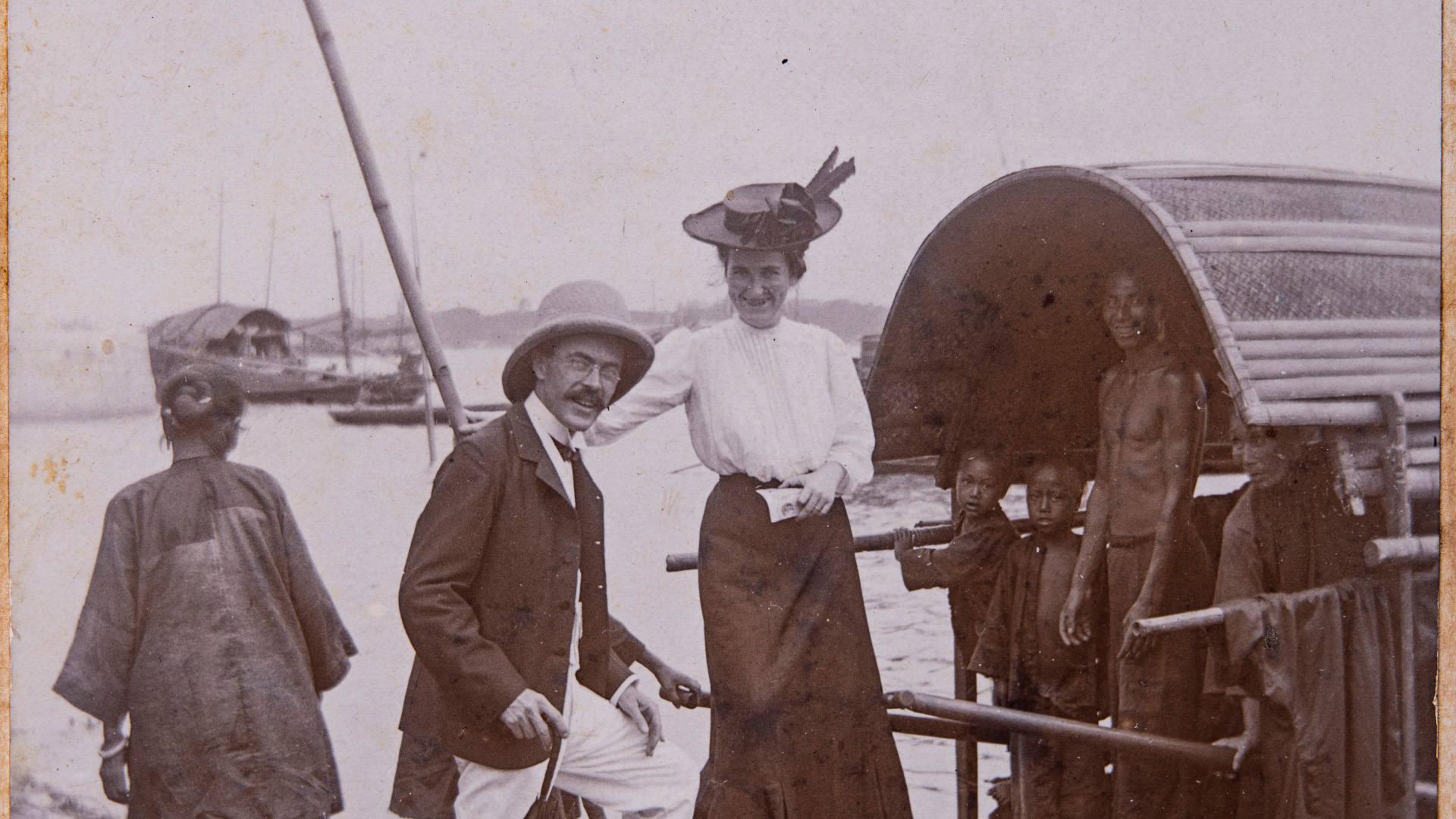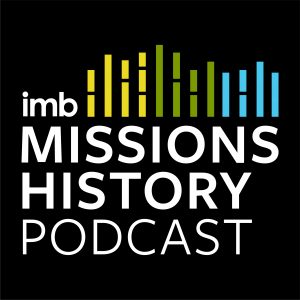
In Not Forgotten: Inspiring Missionary Pioneers, David Brady—an SBC pastor and a cohost of IMB’s Missions History Podcast—remembers eighteen women and men who lived to fulfill Christ’s mandate: “Go therefore and make disciples of all nations,” (Matt 28:19, ESV). This collection of missionary biographies helpfully retrieves eighteen stories that have been largely lost to the memory of Southern Baptists.
Aiming to Enhance a Passion for Missions
Though the Southern Baptist Convention (SBC) sees itself as a “missionary people” (p. x)—witness the honor given to the memory of the missionary Lottie Moon, for example—Brady is right to recognize that this passion for missions could be enhanced if the lives of missionary pioneers were better known.
Their lives and service were varied: T. W. Ayers, who served in China, lived into his nineties (168–183), while Sarah Rohrer perished on her way to Japan at the age of twenty-four and never saw the mission field (127–131). The fields of service represented by the eighteen missionaries range from China to Brazil, though, it is noteworthy that nearly half of them were missionaries to China.
“Passion for missions could be enhanced if the lives of missionary pioneers were better known.”
Depicting Missions and Missionaries with Realism
The first chapter narrates the story of John Lake (1870–1949), who ministered to lepers in China in the early twentieth century, and by its pathos forms a fitting beginning to the book (1–17). A number of the other stories are especially heartbreaking, especially those of Thomas Jefferson Bowen, who ended his days in a mental hospital (74–88), Landrum Holmes, who was murdered (108–116), and George Lacy, who saw all five of his children succumb to scarlet fever within two weeks (158–167). Brady rightly notes that “we do no favors to the cause of Christ when we paint missions and missionaries only with bright colors” (84).
Chapter two narrates the life and ministry of the first Southern Baptist missionary, Samuel Clopton (1816–1847), who also served in China (19–31). It is curious that in this chapter Brady does not mention the cause of Clopton becoming the first SBC missionary, namely, the matter of slavery. The conviction that American slavery could be reconciled with biblical principles had led to the division of American Baptists in 1845 and the subsequent formation of the SBC.
Brady, though, does mention this division in a later chapter, as he tells the story of John Day (see chapter conclusion from p. 73 below; also pp. 67, 69). It is surely ironic that Day, a free-born African American, was one of the pioneer missionaries of what was then the slave-affirming SBC (64–73).
“The story of John Day and the other black missionaries in Liberia and Sierra Leone is a little known, but fascinating, chapter in Southern Baptist history. In a denomination deeply stained by the sin of slavery, Day’s life and witness bring hope that even the remaining stains of slavery and racism can be fully cleansed on the level ground at the foot of the cross. His legacy demonstrates the power of the Gospel to bring people into one family, united with a common mission. Prayerfully, Southern Baptists will have a brighter future where all races come together in Christ to fulfill His Great Commission.” (p. 73)
Remembering Those Who Lived for Him Who Matters Most
Despite the varied nature of the missionary experiences narrated in these pages, there are certain strands tying them together: all of these missionaries were marked by a willingness to give their all for Christ and a profound love for those to whom they ministered. They knew firsthand the advice given to Clopton before he left for China: “In all places and at all times, the love of God to a lost race is to be the great theme of your addresses” (25).
Reading this well-researched work convinced this reader that Brady is surely right to have told the lives of these noteworthy men and women: “Their lives matter much because they lived for him who matters most” (p. x).
Dr. Michael A. G. Haykin serves as Chair and Professor of Church History at The Southern Baptist Theological Seminary in Louisville, Kentucky. Additionally, he serves as Director of The Andrew Fuller Center for Baptist Studies.
Note: All page numbers and quotations above are from Not Forgotten: Inspiring Missionary Pioneers, by David J. Brady, © 2018.
Photo: John and Carrie Lake circa 1910.


